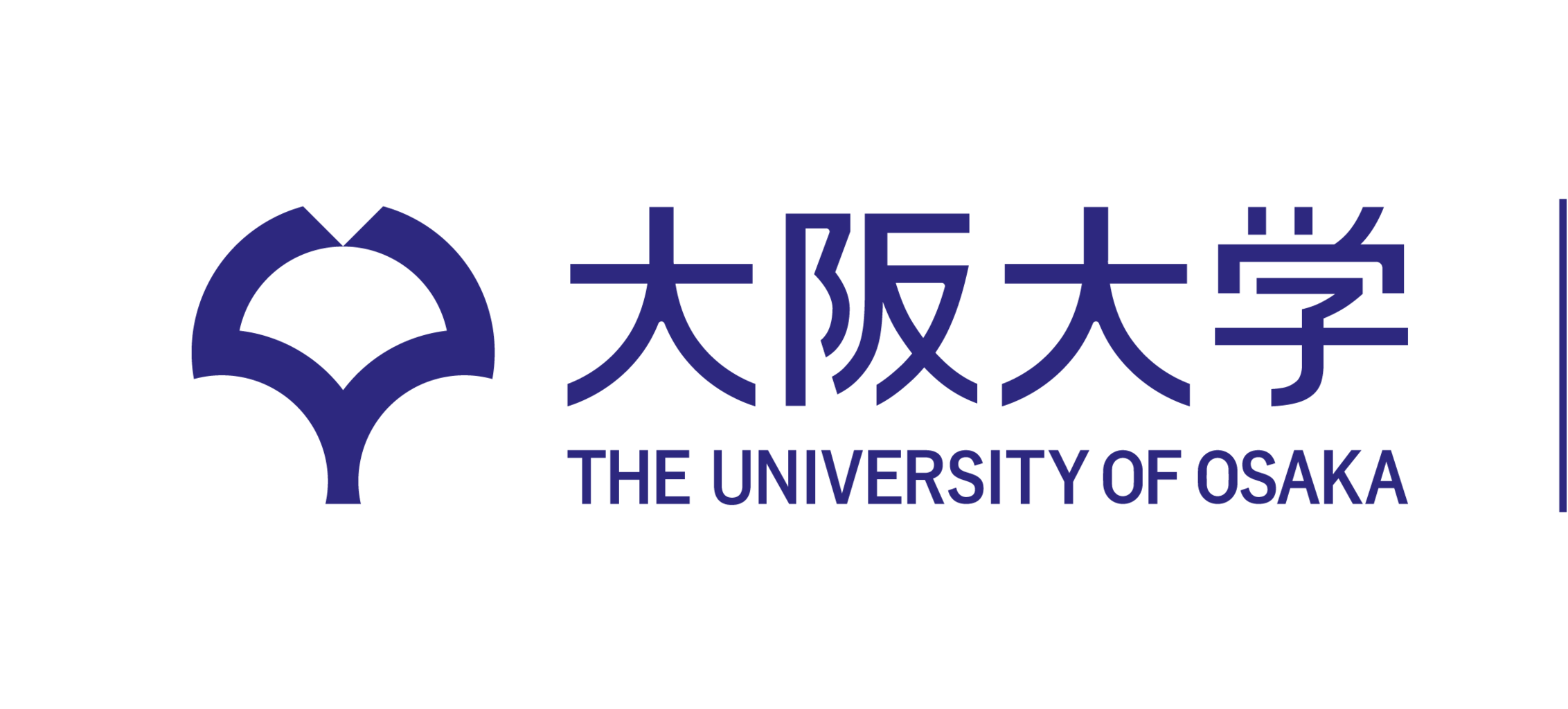Cultural & Social Anthropology
Observing humans through culture

Research Topics
- Anthropological study of artistic expression, body representation, and identity, and the examination of performance art in Southeast Asian (music, dance, play, stories, and gender)
Anthropology is a field of study that seeks to comprehensively understand the state of human society and culture through field research. The four faculty members have conducted field research for a long period of time in their respective sites including Southeast Asia, and Japan. In addition, the graduate students who are affiliated with this research area are also conducting research work in various parts of the world including Japan.
Faculty members of the research field of anthropology conduct the following research:
- Anthropological examination of characteristics of performance art and the relationship between artistic expression/representation of body and identity primarily in Southeast Asia (Professor Fukuoka).
- Anthropological research on the relationship between magic and science, and international cooperation (Professor Shirakawa).
Note that the research track in Anthropology works with the “Science, Technology and Culture” in research and education. Our track also played a central role in the Global COE Program “A Global Research Hub for Conflict Studies in the Humanities,” which was implemented in the Academic Years 2007 through 2011 and has subsequently been making use of the project’s output in research and education.
Staff
-
Professor
Fukuoka Madoka -
Professor
Shirakawa Chihiro



